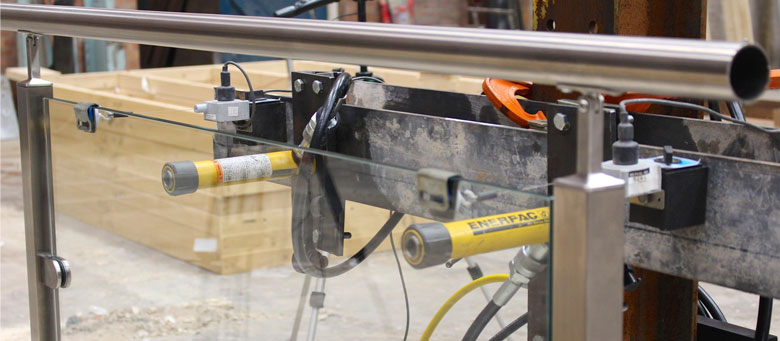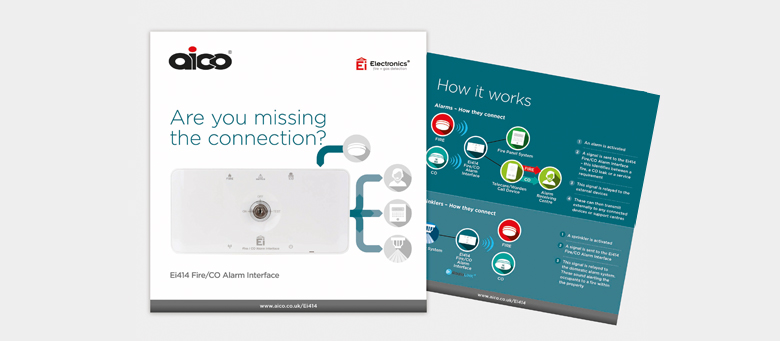Rental Regulations Compliance Clarified
Kidde Safety makes sense of the complicated new requirements for smoke and carbon monoxide alarms in private rented housing.
New Regulations apply to all private rented premises in England occupied on or after 1st October last year. They call for a smoke alarm on each floor and a CO alarm in any habitable room with a solid fuel appliance. The landlord must check that alarms work at the start of each tenancy and replace any that do not, highlighting the need for long-term reliability.
The new Regulations do not specify the type, location or power-source of smoke alarms. However, these aspects are covered in the Code of Practice BS 5839-6:2013. For most existing – as well as new – houses up to 3 storeys and individual flats, the Code recommends smoke alarms in any areas where fires might start, such as living rooms, heat alarms in all kitchens and smoke alarms in all escape routes.
Hard-wired Alarms
The Code also recommends Grade D hard-wired, interconnected smoke and heat alarms with back-up power, excluding Grade F battery-only alarms from all rented homes. This is already a legal requirement for rented properties in Scotland. With hard-wired alarms, there is a growing interest in energy saving and Firex smoke and heat alarms from Kidde offer substantially lower, maximum mains energy consumption of less than 15mA – in the order of just 3.5W. This is less than many household items left on standby and represents a 70% energy saving over previous models.
Another Firex innovation is the introduction of long-life lithium battery back-up options for all three sensing technologies. This offers back-up throughout the whole alarm life at a much lower price than rechargeable products, enabling landlords and their agents to meet legal requirements for working alarms at the start of every tenancy and avoiding low-battery warnings.
Carbon Monoxide
The same requirement for a working alarm at the start of every tenancy applies to CO alarms as well under the new Regulations for England. But these only require a CO alarm with solid fuel heating appliances. In contrast, the latest rules for rented properties in Scotland require a CO alarm wherever there is a combustion appliance, including in inter-connected spaces such as integral garages. Appliances include a boiler, fire, heater or stove – whether using gas, oil, wood or other fuels – although, unfortunately, it does not cover fittings used solely for cooking, despite recent deaths from misused gas cookers. A CO alarm is also needed where a flue passes through a bedroom or main living room.
For peace of mind, all Kidde CO alarms are BSi Kitemarked and comply with the latest edition of BS EN 50291:2010. Kidde also manufactures its own sensors, allowing tighter quality controls to be applied. They use safer, environmentally friendly de-ionised water rather than acid-based electrolytes as well. Kidde’s self-contained 10LLCO and 10LLDCO carbon monoxide alarms enjoy a full 10-year guarantee covering both the alarm and sealed-in lithium battery, helping landlords meet their obligations, cost-effectively over the longer term.
Smart Interconnect
Alternatively, Kidde’s 4MCO and 4MDCO hard-wired CO alarms can not only be interlinked with each other but also Firex hard-wired smoke and heat alarms, using Kidde’s unique ‘Smart Interconnect’ feature. Importantly, all the hard-wired alarms have different, distinct alarm sounder patterns for carbon monoxide and fire, supported by different display messages on the 4MDCO model. So, without the need for any further operation of the system, Smart Interconnect automatically alerts occupants of the specific hazard, allowing them to make the right choice for either fire or carbon monoxide.
For more information, call: 01753 766392, email: sales@kiddesafety.co.uk or visit: www.kiddesafetyeurope.co.uk.
















